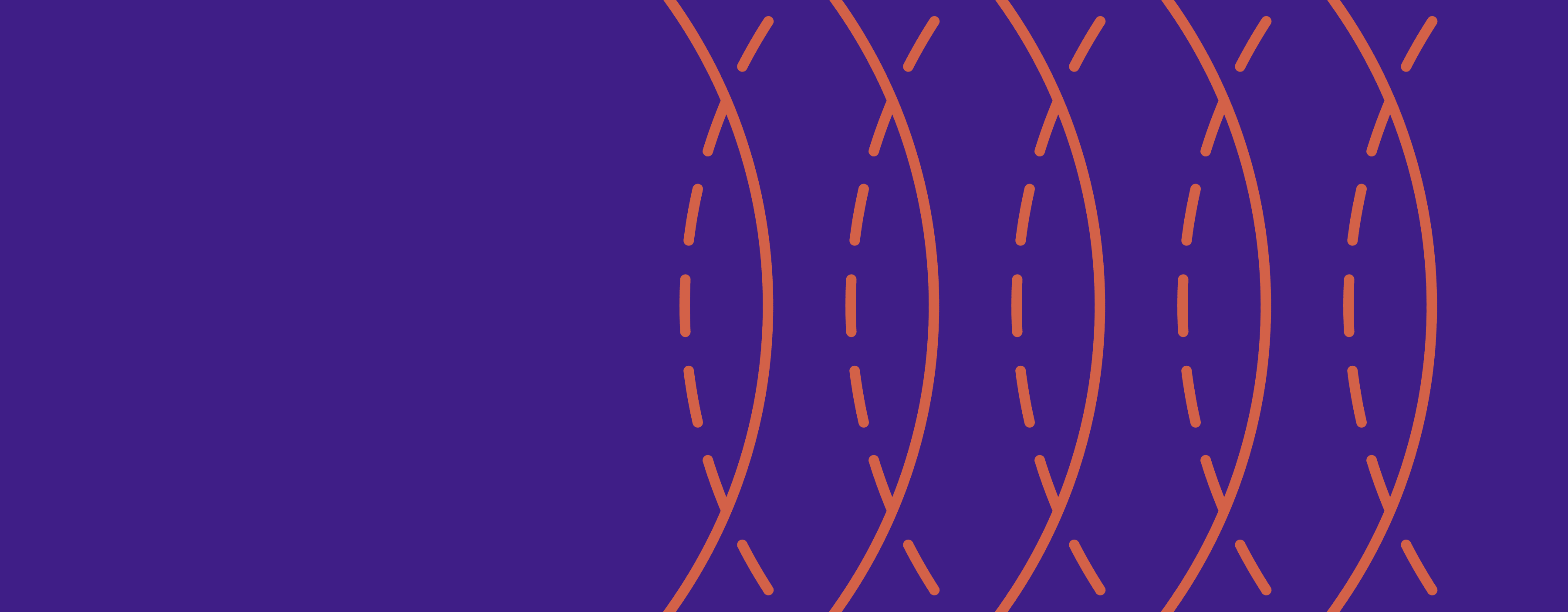
So you’ve found your dream job, college or internship and you’re ready to apply—whether it’s your first time or you’re a seasoned vet, crafting the perfect resume is never an easy task. The hiring manager or admissions officer will be looking for specific things and it’s important you convey all of your relevant experience, skills and qualities in a resume that’s professional and considered. We’ve taken the guesswork out of it for you with some expert tips on how to write a successful resume.
Writing a Resume Summary
A summary should be the first thing people read on your resume. Think of this as your elevator pitch and a chance to succinctly convey to the hiring manager or admissions officer why you are right for this position or college. This can sometimes also be known as a resume statement, qualifications statement or resume profile. In this summary, you should include your experience, skills and qualifications that are relevant to the application. Note, this is not the space in your resume to discuss your goals or what you want—that will come through in your objective.
When formatting your summary, opt for concise sentences. Ideally, your resume summary should be no more than 5-7 sentences. Future employers or people reviewing your resume are likely skimming it, so the summary is your way to grab their attention.
Read on for a resume summary example:
A Creative Director with over ten years experience across a wide range of industries including retail, tourism and digital marketing. Proven success in developing brand identities, marketing materials (of the print and digital medium) and revenue-driving global campaigns. Strategically and compassionately leads creative teams to produce disruptive, needle-pushing work that creates conversation.
The Resume Objective
Many people no longer choose to include objectives on their resume, and are instead, focusing on highlighting skills and qualifications. That said, an objective can still be included and is a great option for those with little to no job experience. Your objective should be a maximum of 2-3 sentences and state the job/internship you are looking to obtain, or the college you are seeking admission to.
You can elaborate on this statement by also including how this position or college will lend itself to your future career goals and objectives, however, keep these relevant to the company you are applying to. (Example: Don’t apply to Google and talk about your future dreams to become a screenplay writer).
The resume objective can also be supported by your experience: I am a graphic designer looking for a position at X Agency where I can apply my five years of experience and expertise in logo development, illustration and brand visual identity development. In short, the objective is an opportunity for you to showcase what you want and why you should be considered.
What About A Cover Letter?
Although they may seem time consuming, the cover letter is another opportunity for you to sell yourself to a hiring manager or admissions team. While college applications or job postings may not state they are required, it is always a good idea to include a cover letter. In this letter, you should introduce yourself, put forward the job/internship/college/program you are applying for and eloquently and concisely communicate why you are qualified for this opportunity. You will want to indicate that this cover letter is in support of your resume. While the cover letter can include accomplishments, skills or details not included in the resume, it should still be kept short. An effective cover letter should be no longer than a few paragraphs.
Do Your Homework
A great way to craft a chosen resume is to spend time reviewing the job posting and integrating elements of it into your statement, objective and skills. Depending on the role, the employer will likely include a variety of keywords in the posting that you can ensure are echoed in your resume. It is also a good idea to dig into examples of resumes from other people in your industry for inspiration. Check out some real life resume examples.
Emphasize Accomplishments
Once you’ve captured your reader’s attention in the summary and objective, you have another chance to grab them with relevant skills and qualifications. You can make your resume memorable by not only including required skills, but also focusing on accomplishments that demonstrate your suitability for the position or college. For instance, a web designer may want to speak to a specific project they were involved in and include how it impacted the organization they worked for (through web traffic stats, revenue results, etc.) A marketing manager could share a campaign they led the execution of and demonstrate results through revenue, PR news coverage, audience growth, etc. Include your most recent and relevant achievements from your education, volunteer experience or previous careers. When possible, show metrics to demonstrate value—example: I led the 2018 editorial strategy and increased year-over-year blog traffic by 15%.
No Experience. No Problem.
Maybe this is your first time applying for a job or you might be venturing into a new field. Either way, it is still possible to write a quality resume without traditional experience. As discussed, the objective is a means for showing the employer or admissions officer what your goals are and why you are a good fit. While some resume formats list work experience after the summary or objective, you can choose to start with skills and achievements. When creating this list, don’t forget to touch on volunteer experience, education and internships.
Keep it Active
When it comes to writing the various components of your resume, work to use active language. This means using action verbs like led, created, executed, developed to clearly demonstrate your accomplishments and experience to the hiring manager. In addition to using the active voice, you should also aim to make your resume as concise as possible (no more than one to two printed pages), and to avoid colloquial language or jargon—clarity is key. Finally, always review your resume for typos or grammatical errors. It is worth taking the extra time to ask a friend to review for you so you can put your best foot forward with a clean and professional resume. Happy resume writing!

Make Your iOS Developer Resume a Seamless User Experience

How to Create a Software Engineer Resume Hiring Managers Will Love

A 5-Step Guide for Writing a Product Manager Resume
